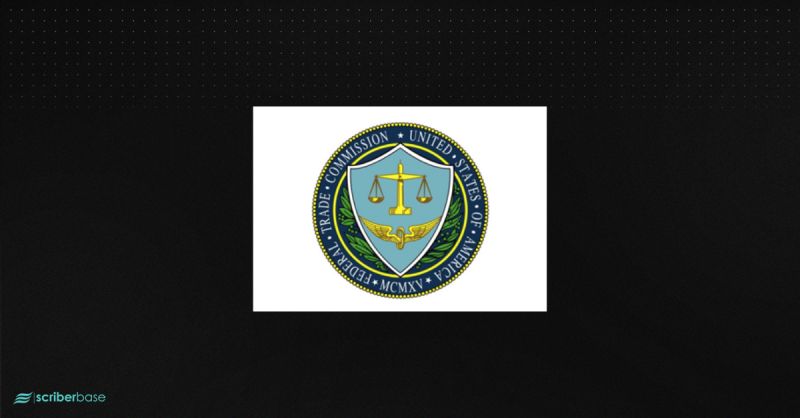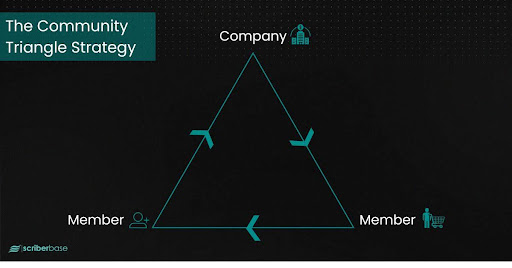In fact, it’s about to reshape commerce as a whole.
The shift from company control to consumer control has been building for decades. Columbia House was one of the first major players to push the limits, enticing consumers with its “first CDs for a penny” offer.
Customers were unknowingly signed up to receive additional albums—at full price—indefinitely.
Columbia House wasn’t the lone bad actor. The direct response industry, particularly in the weight loss space, took full advantage of similar deceptive tactics. Remember Acai berry?
Consumers signed up for “free trials” only to be roped into recurring shipments. Companies like Fabletics have also been criticized for making it difficult for customers to cancel their monthly subscription memberships. These businesses thrived on these practices until the FTC began cracking down.
Negative option billing—where consumers are charged unless they opt out—isn’t inherently illegal. In fact, many mainstream industries, from insurance and financial services to digital music subscriptions and beyond rely on the model.
But the issue has always been transparency and control over cancellations.
This is where the FTC’s 2024 Click-to-Cancel rule comes into play.
As of October 16, 2024, the Federal Trade Commission has made it mandatory for businesses to ensure canceling a subscription is just as easy as signing up. The days of deliberately complicated cancellation processes are over.
This marks a shift toward consumer empowerment. Businesses with strong value propositions will benefit from deeper trust and increased loyalty. But those who rely on aggressive retention tactics are about to see churn rates skyrocket beyond repair.
Who’s impacted?
– Digital subscriptions: (Adobe, Salesforce)
– Streaming services (Netflix, Spotify).
– All SAAS companies (Salesforce, Shopify)
– Physical goods subscriptions (HelloFresh, Birchbox)
– Gyms, professional associations,
– Financial services and telecom providers.
No recurring revenue-based business is exempt, whether you’re a startup or a global enterprise. Compliance isn’t optional.
What do do?
→ Simplify your cancellation processes.
→ Train your CS, retention teams.
→ Leverage automation, tools.
→ Make your billing terms clear, and transparent.
Consumer trust is now your greatest asset. Simplifying cancellations not only shows transparency, it also signals confidence in your offering. Customers who trust you are more likely to stay on board.
This is just the beginning. More regulations will follow. Businesses that focus on quality customer experiences will see these challenges as opportunities. Those that don’t? They’ll be dead within 2 years.
We’re about to see a major shakeout of subpar subscription players.

Retention is Revenue
Churn is now a boardroom problem. If you’re in the




